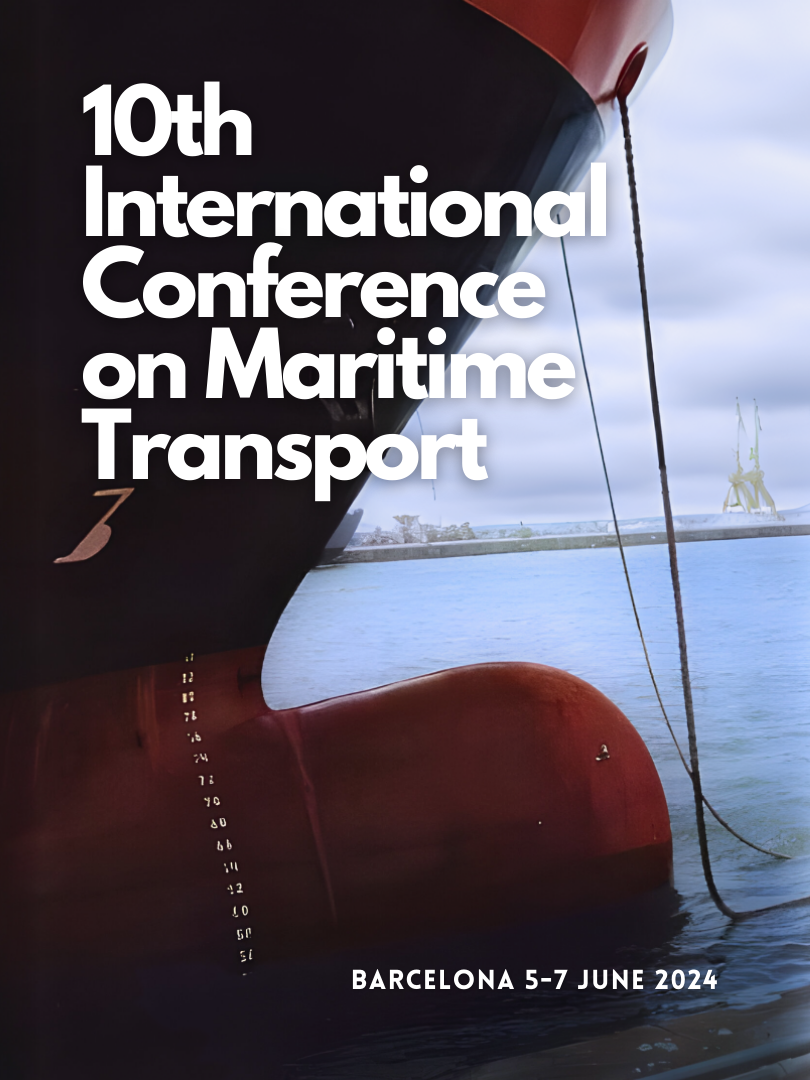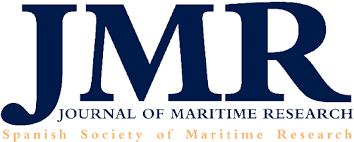STCW REQUIREMENTS IN A REGULATORY AND TECHNOLOGY LANDSCAPE CHANGE
DOI:
https://doi.org/10.5821/mt.13158Keywords:
STCW, skill and competency, skill gap, seafarer, KUP (knowledge, understanding, profession)Abstract
STCW 78 as amended is the most comprehensive source of information regarding mariners' knowledge, understanding, and professions (KUPs), and is a reliable reference for curriculum design in maritime education and training institutions (METIs). However, the changing regulatory and technological shipping landscape requires continuous assessing the adequacy of current training requirements. Therefore, this study reviews safety, quality, and environmental management systems (SQEMS) from two large shipping companies. From the review, the expected seafarers’ skills are deduced, then compared with the STCW 78 as amended requirements. The results of this comparison reveal some insufficiencies in the KUP requirements mainly due to the STCW attitude, approach, and focus. STCW attitude refers to the low reactivity of STCW, lack of details in expressing KUPs, and unbalanced details for different KUPs. The STCW approach to defining KUPs for different ranks is based on the ship's functions. Although this approach is comprehensive, its rigidity results in some skills in the interface of different ship functions being overlooked or not being sufficiently emphasized. STCW focus is primarily on safety, by highlighting the details of safety-related codes and conventions, procedures, and equipment, while in response to environmental features, it mentions only "protection of the marine environment", without explicit reference to environmental conventions, machinery, inspections, or procedures. Consequently, the study highlights KUPs weaknesses and recommends changes to improve training.













